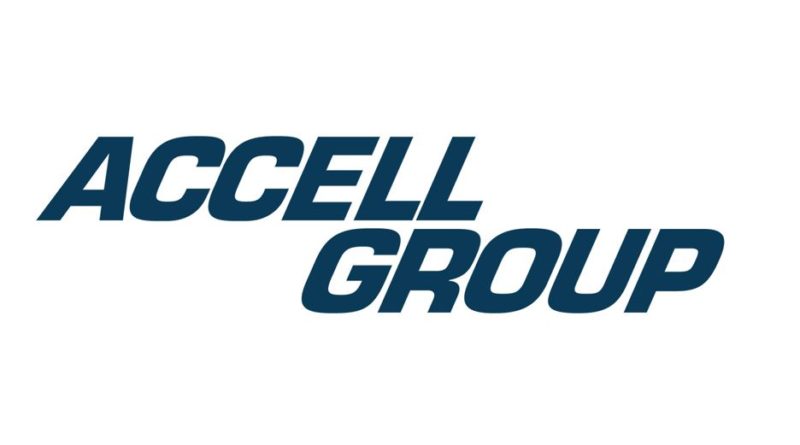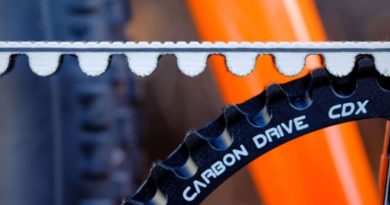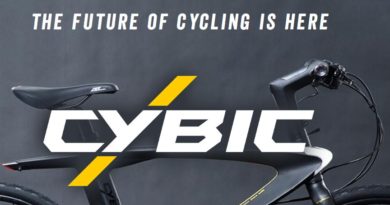Accell Group invests in inventory to calm availability issues, sales up 6.2%
The latest financial update from the Accell Group has put full year 2021 net sales up 6.2% in a statement that speaks of moves made to ensure the business can function while supply turbulence continues.
Ton Anbeek, the Accell Group CEO said in what may very well be one of the last public updates before the business is taken private, “In 2021 global supply chain disruptions and component shortages dominated the year. Despite this we have seen continued sales and profit growth driven by our parts and accessories business, and our ability to include inflationary effects of supply side costs in our product pricing. To cope with supply chain disruptions our teams have taken various mitigating actions, mainly related to alternative components and sourcing. For numerous of our bikes the bill of materials was changed in order to mitigate the disruptions. We have also made additional investments in inventory to reduce product availability issues at the expense of free cash flow.
“Demand across our regions and product categories remained strong. This clearly demonstrates that cycling continues to move the world forward. At the same time, we cannot close our eyes for the significant uncertainties we face in the world today and how these can impact our business and performance. Of these uncertainties, the global supply chain disruptions and component shortages currently form the most tangible challenge which we expect to continue throughout 2022. That said, we remain confident that with the measures we have put in place and will continue to take, we are on track to meet the majority of our 2022 targets.”
Sales for the FY21 hit €1,377 million, up on €1,297 million in FY20, with EBIT up 47% and worth €110.1 million. Underlying EBIT increased by 33.7% to € 106.6 million, reflecting a margin of 7.7%, up 159 basis points due to higher contribution from parts and accessories and recovery of added value margin. Net profit stood at € 70.0 million based on the increase in EBIT, partly offset by higher finance costs.
The parts and accessories business highlighted by Anbeek put in a 14.2% growth, with a particularly strong first half performance across all regions and categories.
Other positives included the flagging of lower discounting in the marketplace, which should be expected with supply at a low ebb. Higher bicycle production began to fill gaps, but during chunks of 2020 production was halted as the business navigated the early part of the pandemic.
Those disruptions came at a cost as large adjustments were made to safely resume production and logistics. €12 million was spent as a consequence of more labour costs in order to drive factory output whilst dealing with supply chain disruptions.
For shareholders the Dividend resumed at the end of the year, prior to the uplift of share price value on the news of KKR’s involvement in carrying the business forwards. At the time of writing shares trade at €57.10, fractionally below the 52-week high of €58.50 and many-fold the pandemic low of €12.50.
Outlook
For the year ahead the Accell Group says it is “well on track to deliver the majority of its 2022 targets.”
These are said to be:
Net sales target of € 1.4 billion – € 1.5 billion: On track with continued strong demand for our brands in an environment with various uncertainties including a potential deterioration of component supply chain conditions and subsequent pressure on 2022 production output
Added value target > 31%: On track against the backdrop of:
i. continued production inefficiencies due to a low delivery reliability of components
ii. inflationary effects of suppliers’ costs where we will need to continue to pass these on to customer and consumers
iii. continued rollout of improvement programs for supply chain efficiencies, product mix and complexity reductions.
EBIT – margin target of 8%: On track while anticipating the need for further stepping up investments in marketing and R&D in 2022
TWC target below 25%: At risk due to ongoing volatility in the component supply chain and the need to invest to protect future availability and growth. TWC is therefore expected to stay at high levels with a further increase in the first part of 2022 (versus year- end 2021) and to reduce once critical components arrive.



